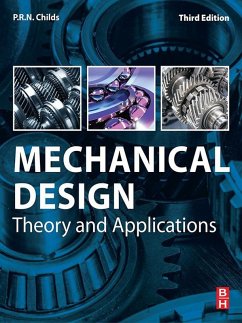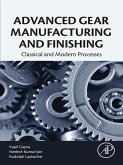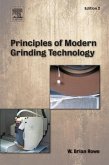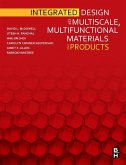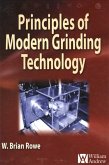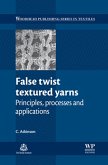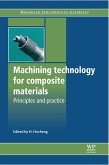Descriptive and illustrative information is used to introduce principles, individual components, and the detailed methods and calculations that are necessary to specify and design or select a component. As well as thorough descriptions of methodologies, this book also provides a wealth of valuable reference information on codes and regulations.
- Presents new material on key topics, including actuators for robotics, alternative design methodologies, and practical engineering tolerancing
- Clearly explains best practice for design decision-making
- Provides end-of-chapter case studies that tie theory and methods together
- Includes up-to-date references on all standards relevant to mechanical design, including ASNI, ASME, BSI, AGMA, DIN and ISO
Dieser Download kann aus rechtlichen Gründen nur mit Rechnungsadresse in A, B, BG, CY, CZ, D, DK, EW, E, FIN, F, GR, HR, H, IRL, I, LT, L, LR, M, NL, PL, P, R, S, SLO, SK ausgeliefert werden.

